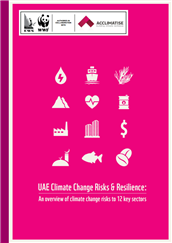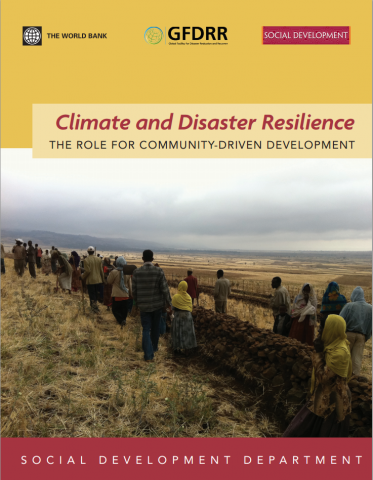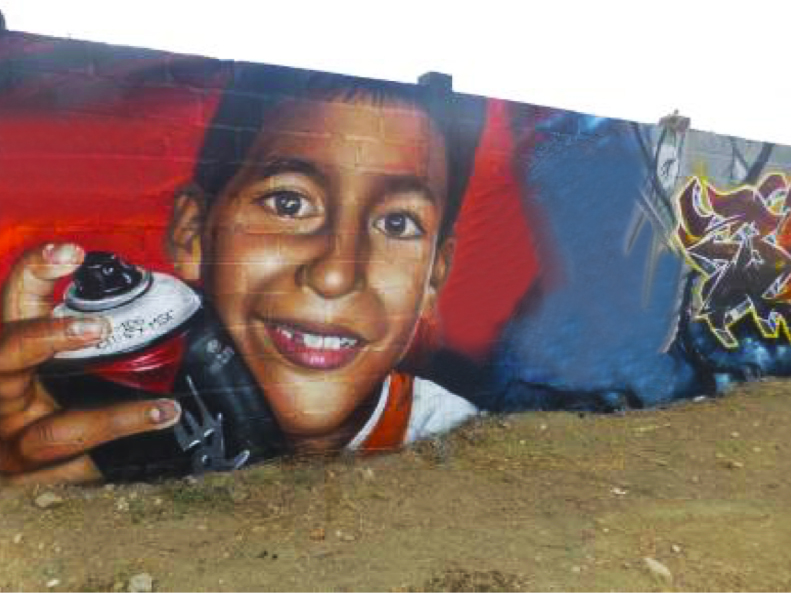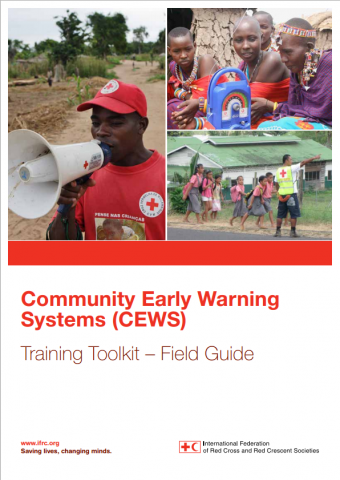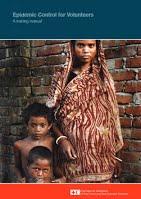City Strength Diagnostic Methodological Guidebook, GFDRR
City Strength Diagnostic was developed to help World Bank staff apply this new holistic approach to urban resilience to operations. It was designed to help facilitate a dialogue among stakeholders (e.g. government, civil society, residents, and the private sector) about risks, resilience, and the performance of urban systems. It is important to note that CityStrength […]
City Strength Diagnostic Methodological Guidebook, GFDRR Read More »

